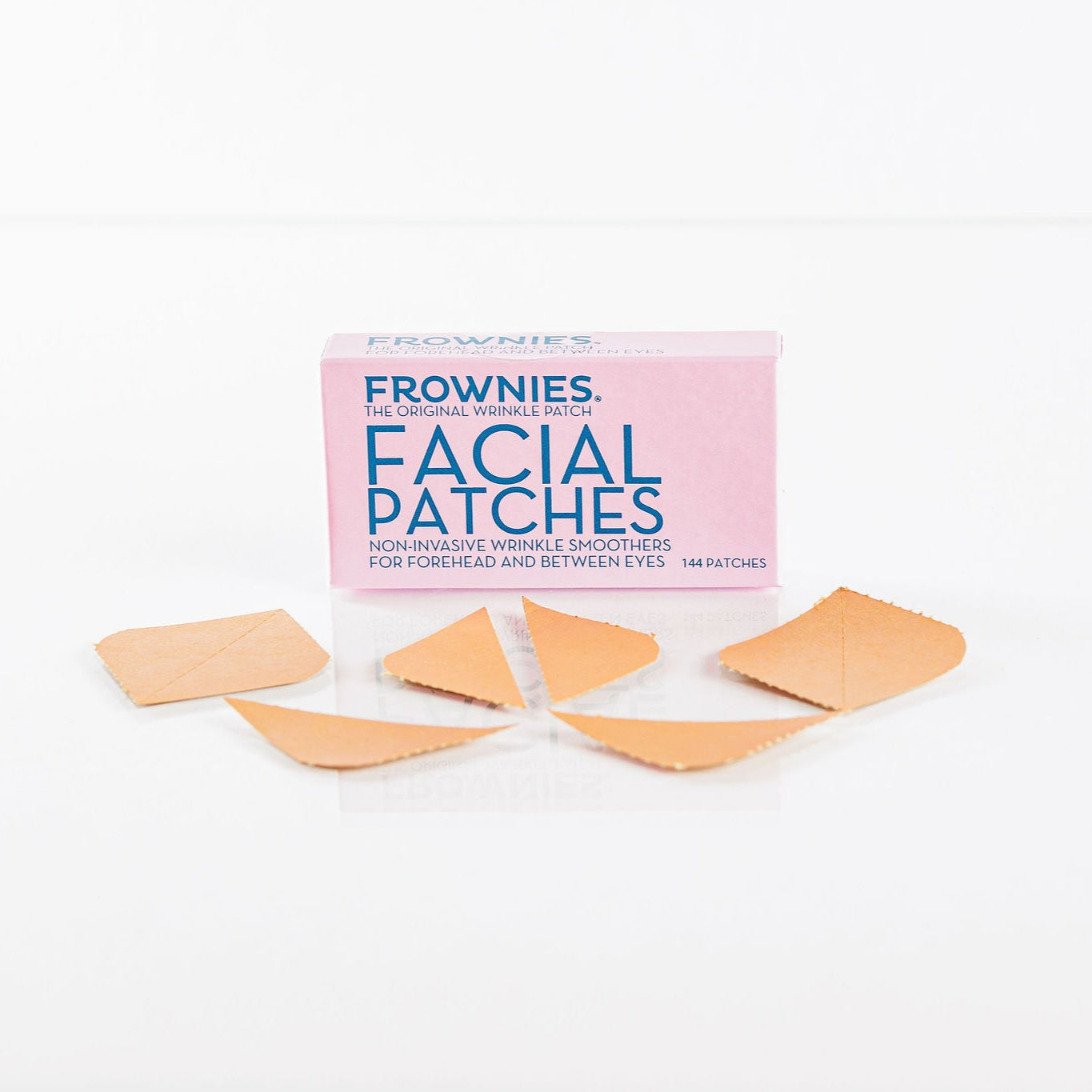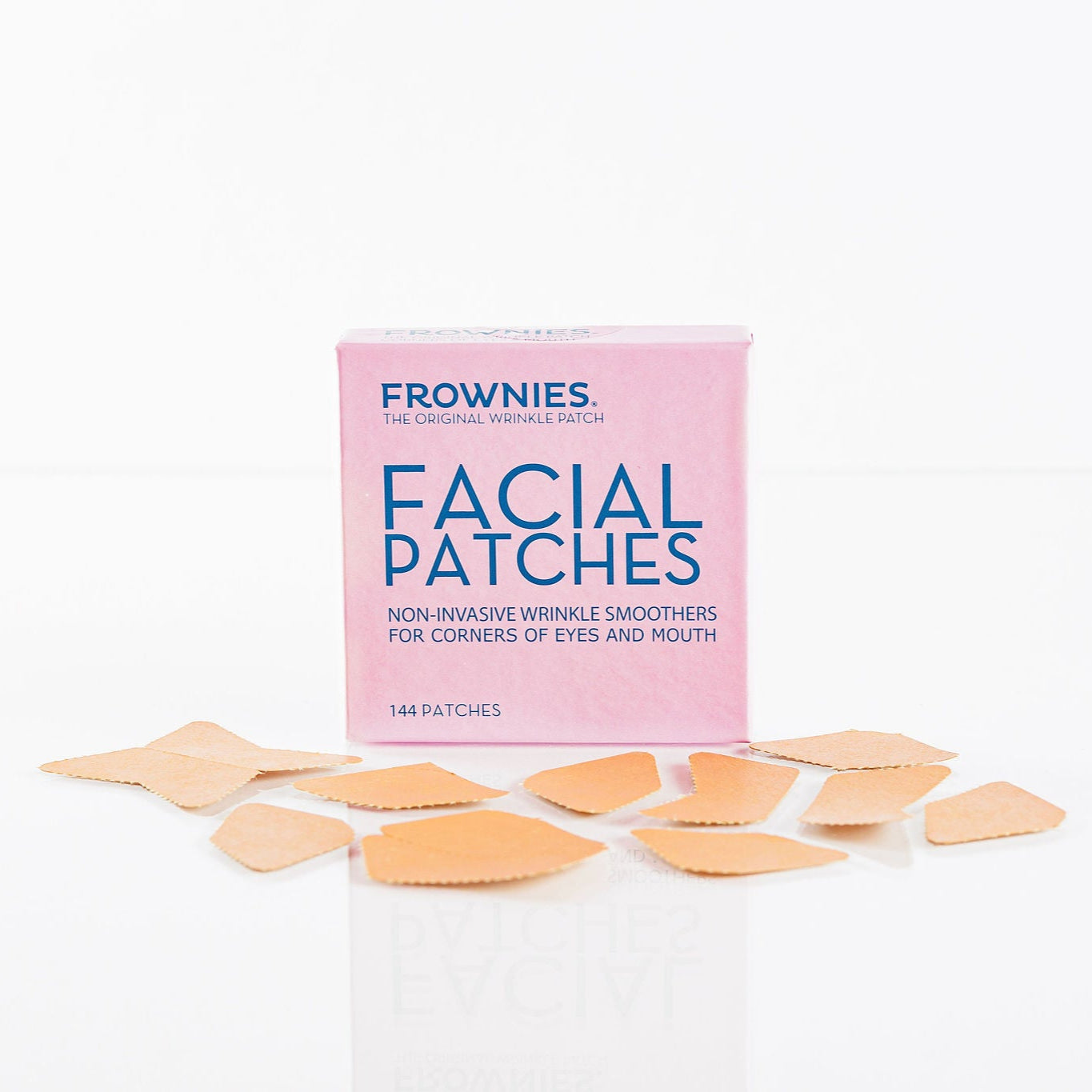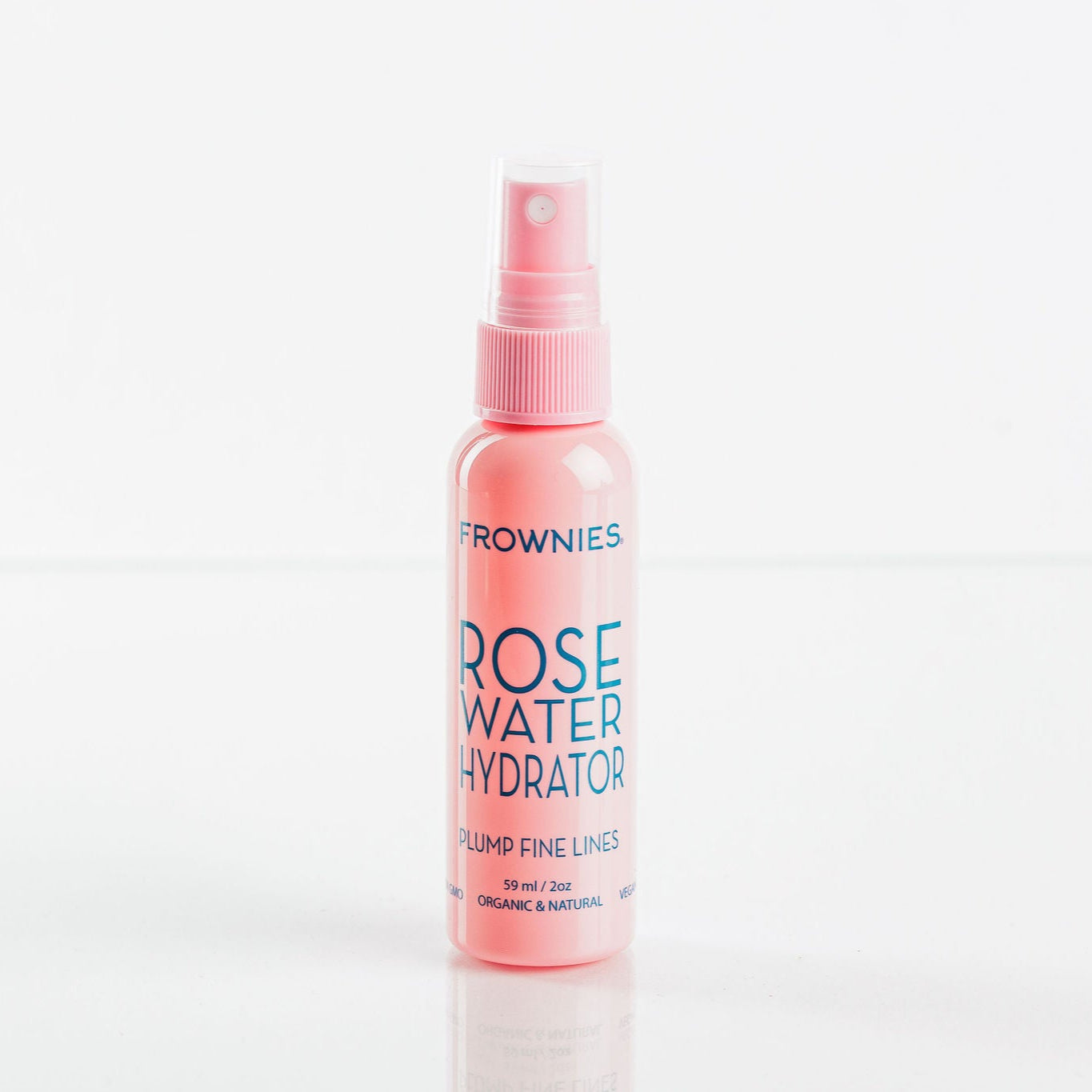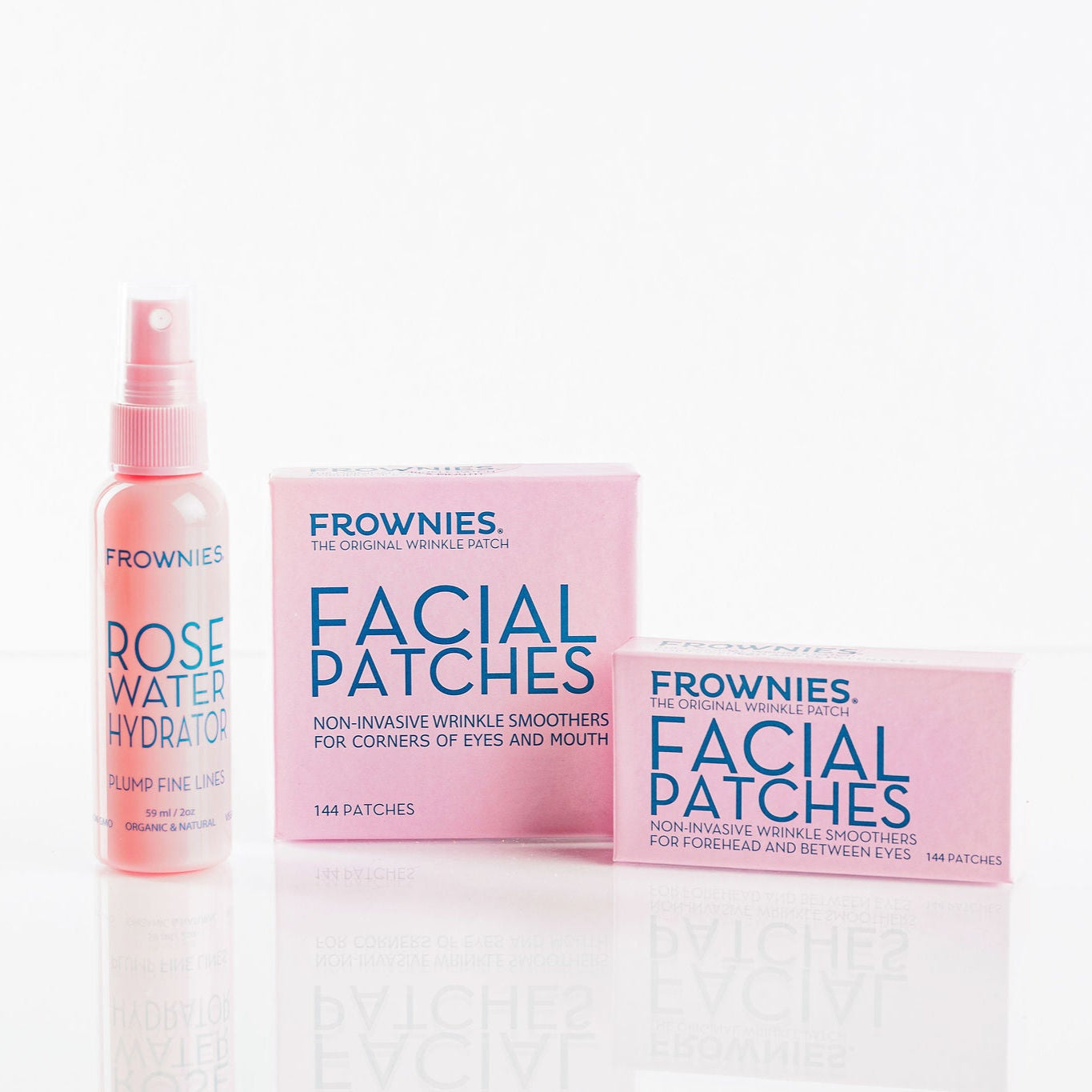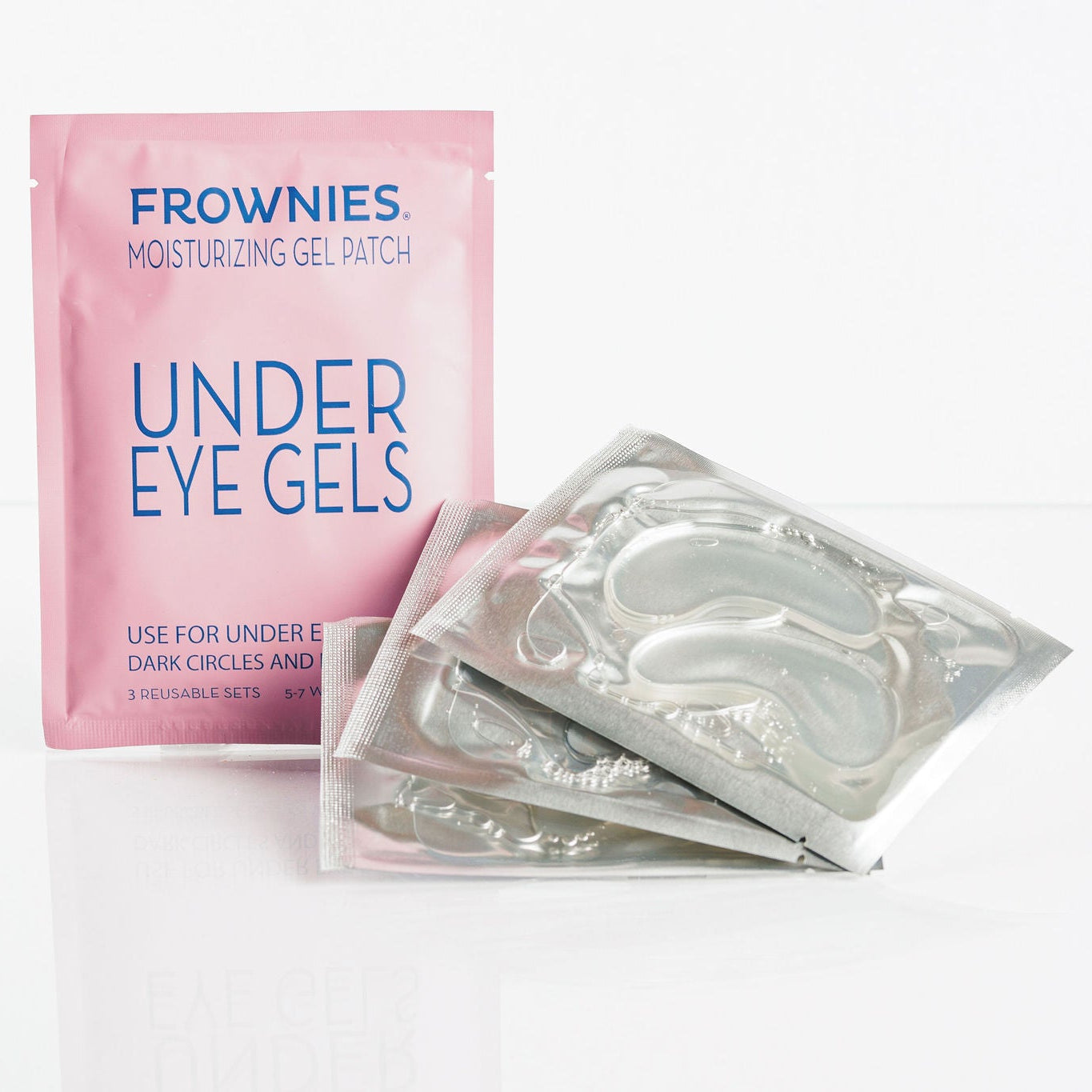
During Stress Awareness Month this April, we challenge you to make a few changes to combat the stress in your life. The good news is that we also have access to endless resources to cope with stress – many of them right at our fingertips!
For a variety of reasons, this may be considered to be one of the most stressful times to be alive. In addition to normal daily stressors of work and family, we are dealing with stressors outside our immediate control – pandemics, economic downturns, international conflict, etc. While it’s true that past generations have dealt with many of the same issues that we face today, we are constantly bombarded with information from all over the globe through all forms of media.
Your body interprets all forms of stress in the same way. So, whether you’re dealing with emotional, mental, or psychological stress, your body goes through a similar hormone response. The release of the stress hormone, cortisol, and inflammatory proteins called cytokines, affect the whole body. Stress increases your heart rate and blood pressure, increases your appetite and fat storage causing weight gain, and disrupts your sleep.

Here are a few ways that stress affects your appearance:
Wrinkles - We think of stress causing muscle tension in our neck and shoulders, but during times of stress you may also be holding tension in the muscles of your face–think of a furrowed brow.
Acne - The stress hormones such as cortisol and cytokines can trigger an overproduction of oil from the sebaceous glands in your skin which can lead to breakouts.
Dark Circles - The skin around the eyes is especially delicate and can show signs of dehydration and aging more quickly than other areas on your face. Due to the capillaries being so close to the surface of the skin, the under eye area shows fluid build up (puffiness) and broken capillaries and bruising (dark circles) more prominently.
Dry Skin - Recent research has shown that the stress hormones impair the skin’s protective barrier leaving it prone to environmental damage and loss of hydration.
Crepey Skin - Similar to the causes of acne and inflammation, aging is thought to be caused by increased levels of chronic stress hormones. Cortisol and cytokines break down collagen and elastin leaving skin thin and papery with fine lines.

While you can’t eliminate the stress from your life, you may be able to make a few simple changes to help manage your body’s reaction to stress – and some may improve your skin as well!
Ways to manage stress:
- Self-Care - “Self-care” seems to be a hot topic these days. But what does it really mean? Self-care will look different for everyone, so take time to reflect on what helps you to disconnect from stress triggers and relax. Experiment with different types of self-care – meditation, journaling, a massage, a bath – find something that works for you!
Try an at-home spa day with a Frownies Clay Mask and Frownies Under Eye Gels.
- Make Sleep a Priority - Sleep is when our bodies rest and repair. Create a calming routine to help you wind-down and get ready to sleep. As you create the pre-bedtime habit, your body will associate the routine with sleep!
A nightly skincare routine does double duty as a bedtime routine. Check out our suggested skincare routine here.
- Exercise - It is well known that exercise is essential to positive physical, mental, and emotional health. This may be related to the fact that exercise has a direct effect on the amount of the body’s stress hormone, cortisol. Exercise also forces deep breathing, which helps your body turn off the fight-or-flight response.
Read more about the benefits of exercise for your skin in this article.
- Connect with Others - Personal relationships are important in managing stress. Make time to talk to friends or family about how you’re feeling or seek professional counseling.
Counseling is more accessible than ever through online companies like BetterHelp.
What ways do you manage stress?
By: Dr. Megan C. Wright, PT, DPT
Megan C. Wright, PT, DPT is an authority in health and wellness content with over ten years of clinical experience as well as a freelance health writer. Megan received a BA in English from the University of Virginia and earned her Doctor of Physical Therapy from Marymount University. Megan lives outside Richmond, Virginia with her husband and three young boys.
